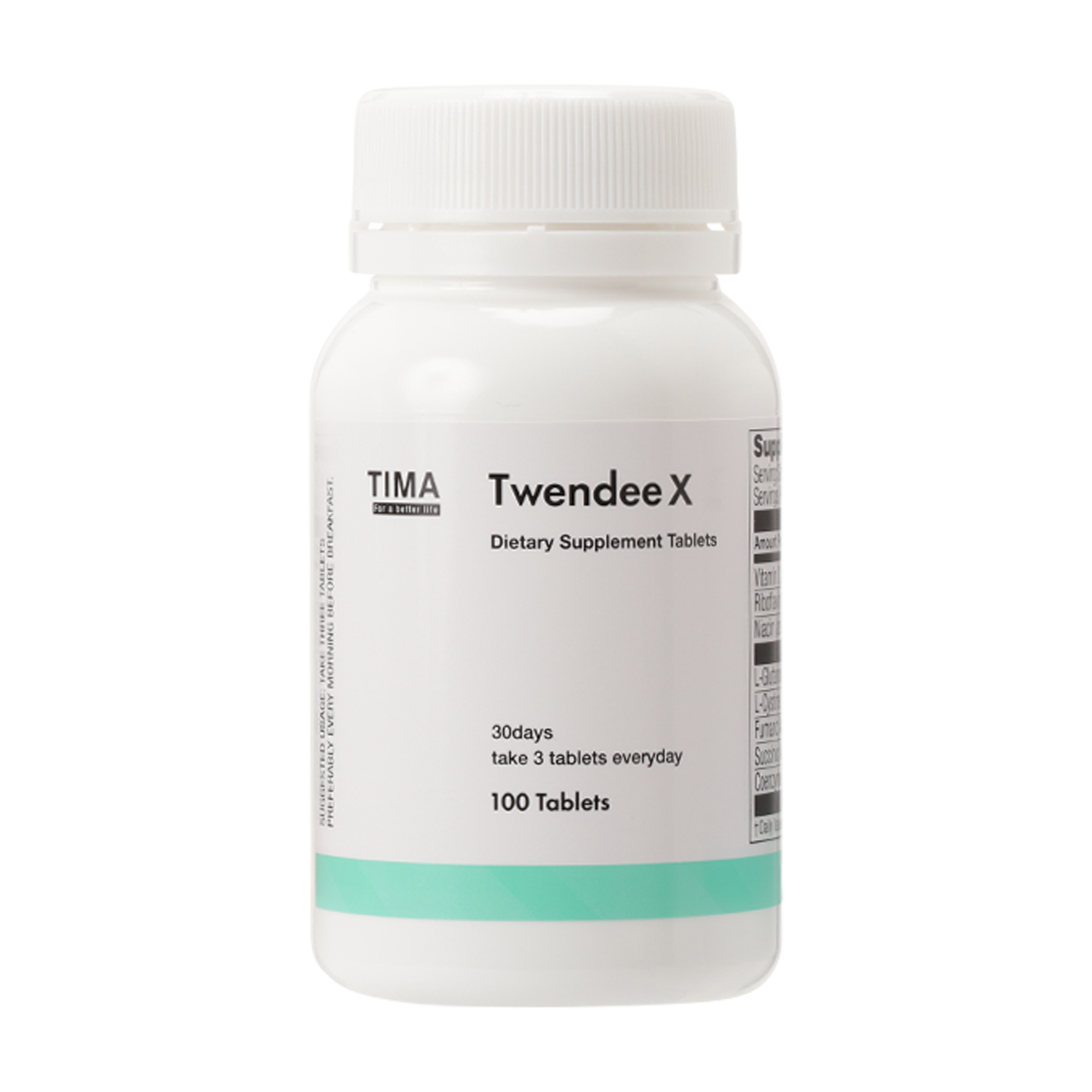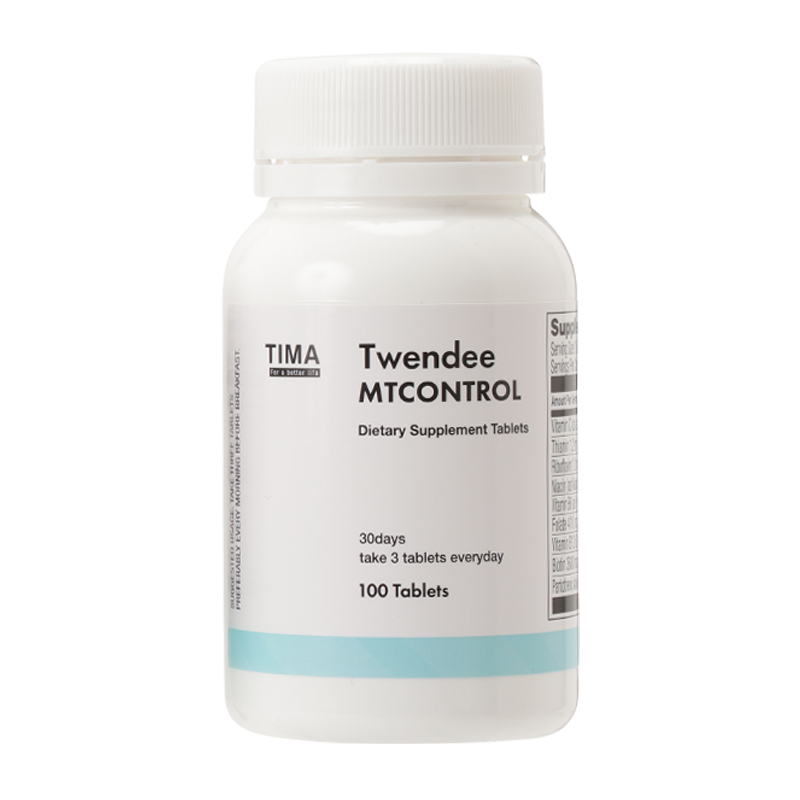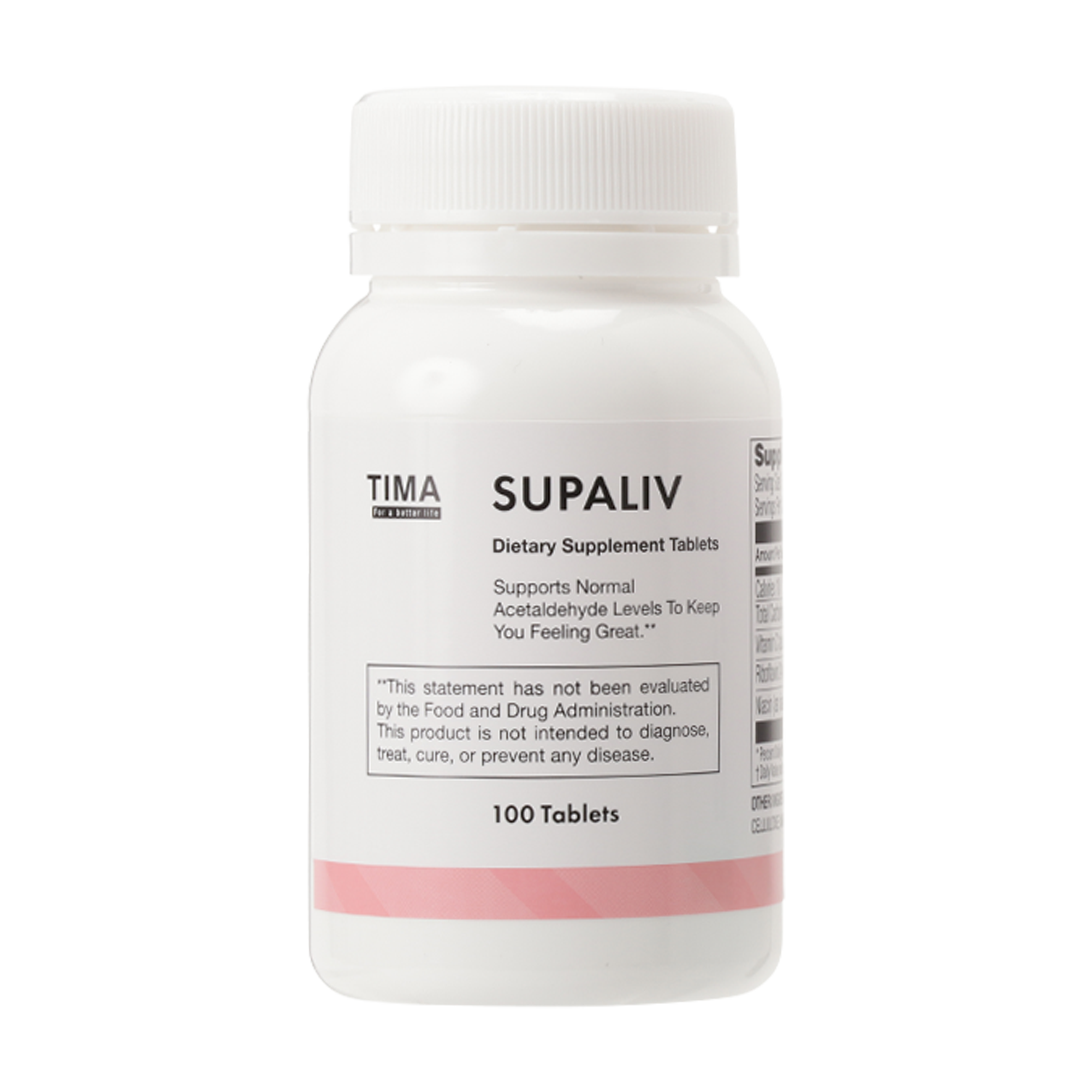Thesis on Oxidative Stress and "hypertension"
- Paper title
- Oxidative stress and endothelial dysfunction in hypertension
- Abstract summary
- Reactive oxygen species may directly alter vascular function or cause changes in vascular tone by several mechanisms during hypertension.
- Authors
- Eberhard Schulz, Tommaso Gori, Thomas Münzel
- Journal
- Hypertension Research
- Semantic Scholar URL
- https://semanticscholar.org/paper/425a677ed63d71069a9938186b77298fcb83011b
- Abstract
-
Systemic arterial hypertension is a highly prevalent cardiovascular risk factor that causes significant morbidity and mortality, and is becoming an increasingly common health problem because of the increasing longevity and prevalence of predisposing factors such as sedentary lifestyle, obesity and nutritional habits. Further complicating the impact of this disease, mild and moderate hypertension are usually asymptomatic, and their presence (and the subsequent increase in cardiovascular risk) is often unrecognized. The pathophysiology of hypertension involves a complex interaction of multiple vascular effectors including the activation of the sympathetic nervous system, of the renin–angiotensin–aldosterone system and of the inflammatory mediators. Subsequent vasoconstriction and inflammation ensue, leading to vessel wall remodeling and, finally, to the formation of atherosclerotic lesions as the hallmark of advanced disease. Oxidative stress and endothelial dysfunction are consistently observed in hypertensive subjects, but emerging evidence suggests that they also have a causal role in the molecular processes leading to hypertension. Reactive oxygen species (ROS) may directly alter vascular function or cause changes in vascular tone by several mechanisms including altered nitric oxide (NO) bioavailability or signaling. ROS-producing enzymes involved in the increased vascular oxidative stress observed during hypertension include the NADPH oxidase, xanthine oxidase, the mitochondrial respiratory chain and an uncoupled endothelial NO synthase. In the current review, we will summarize our current understanding of the molecular mechanisms in the development of hypertension with an emphasis on oxidative stress and endothelial dysfunction.








